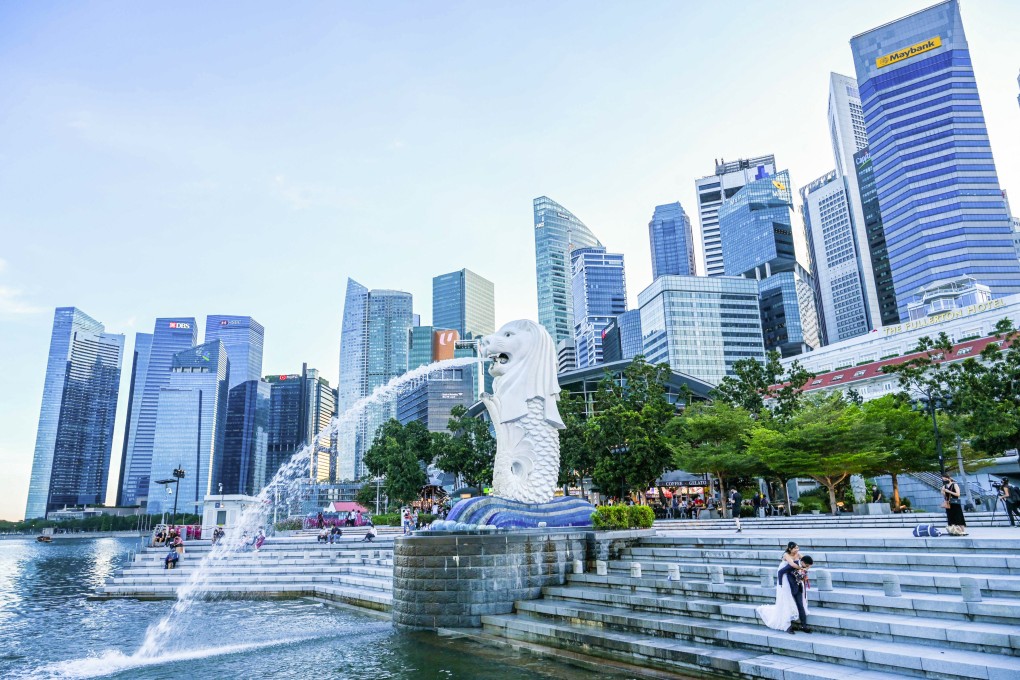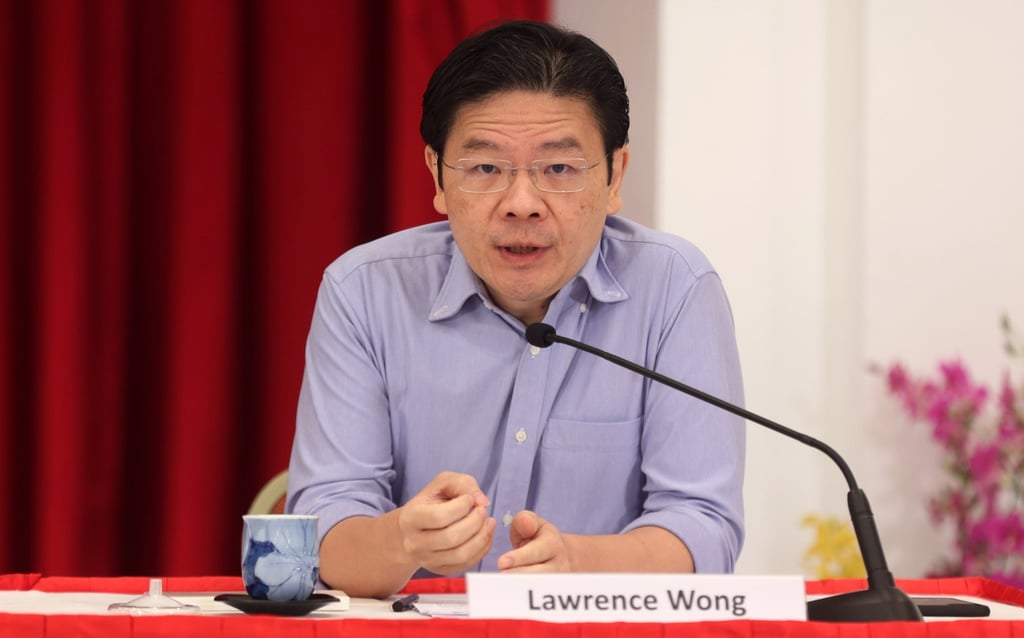Advertisement
Singapore’s Section 377A: PM Lee’s designated successor Lawrence Wong rules out altering definition of marriage during his tenure
- As Singapore moves to repeal a colonial-era law that bans gay sex, officials have emphasised that national policies would continue viewing man-woman marriage as the basic building block of society
- The government’s decision on the matter has been hailed as watershed moment for gay rights for the city state
Reading Time:3 minutes
Why you can trust SCMP
1

Singapore’s next leader Lawrence Wong has effectively ruled out the possibility of same-sex marriage being legalised during his tenure in power, a day after the unveiling of plans to repeal a colonial-era law criminalising sex between men.
Other key officials and ministries meanwhile sought to emphasise that the status quo, of viewing man-woman marriage as the basic building block of society, would underpin a broad sweep of national policies after the repeal of Section 377A of the penal code.
The slew of official messaging came as the announcement on the repeal – made by Prime Minister Lee Hsien Loong during his annual policy speech on Sunday night – received expectedly mixed reactions in the country.

Gay rights activists voiced cautious optimism over the development, while some religious conservatives expressed concern that it would lead to the eventual recognition of same-sex marriage.
Advertisement
Deputy Prime Minister Wong – who is expected to succeed Lee before or after polls due by 2025 – said in comments to local media on Monday that the ruling People’s Action Party (PAP) government would not alter the current definition of marriage.
“This will not happen under the watch of the current prime minister, and it will not happen under my watch – if the PAP were to win the next general election,” Wong said in remarks to local media, according to a transcript.
Lee on Sunday night announced the government would repeal S377A while also amending the constitution to prevent legal challenges to the current definition of marriage.
Advertisement
Select Voice
Select Speed
1.00x
